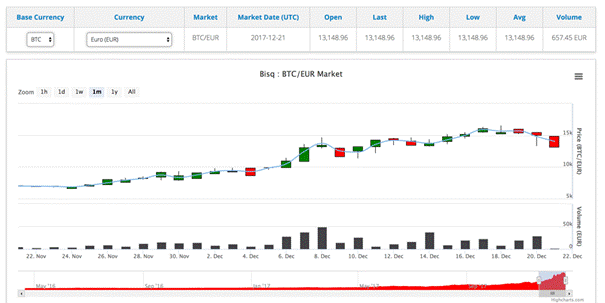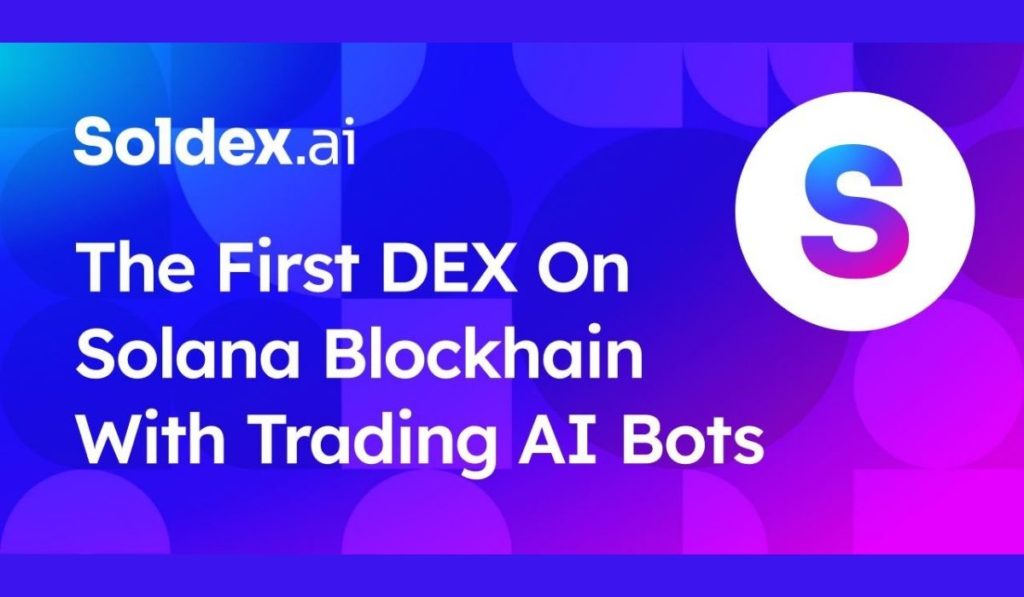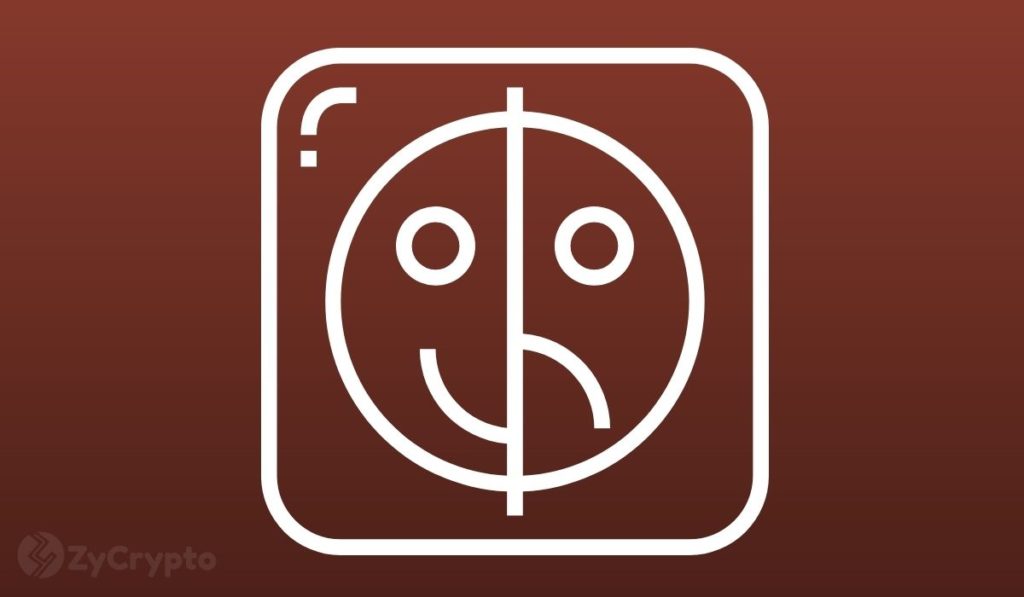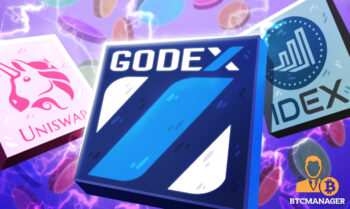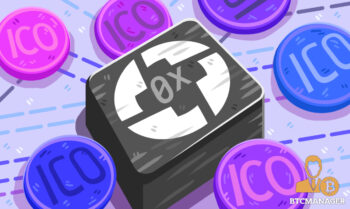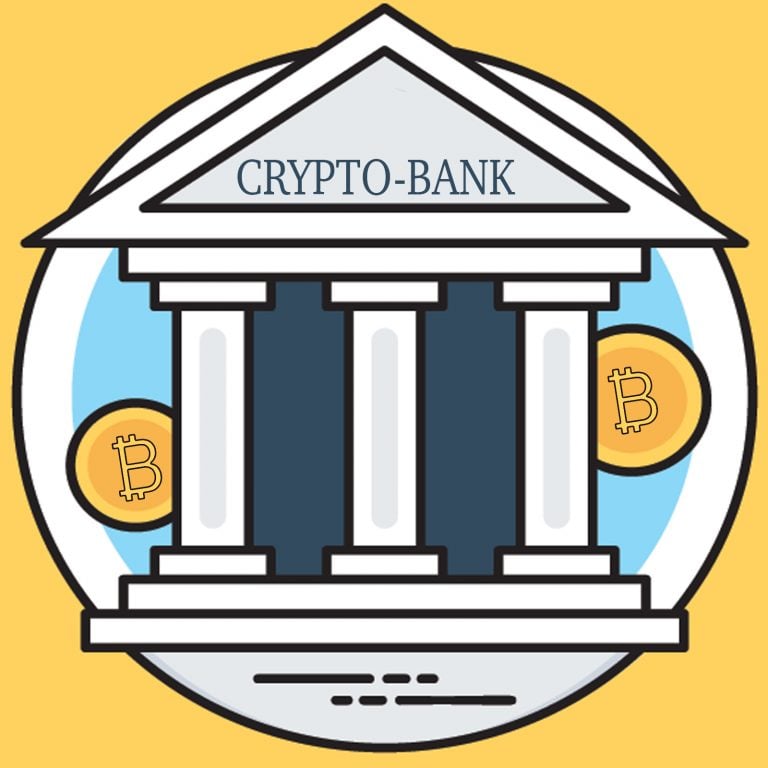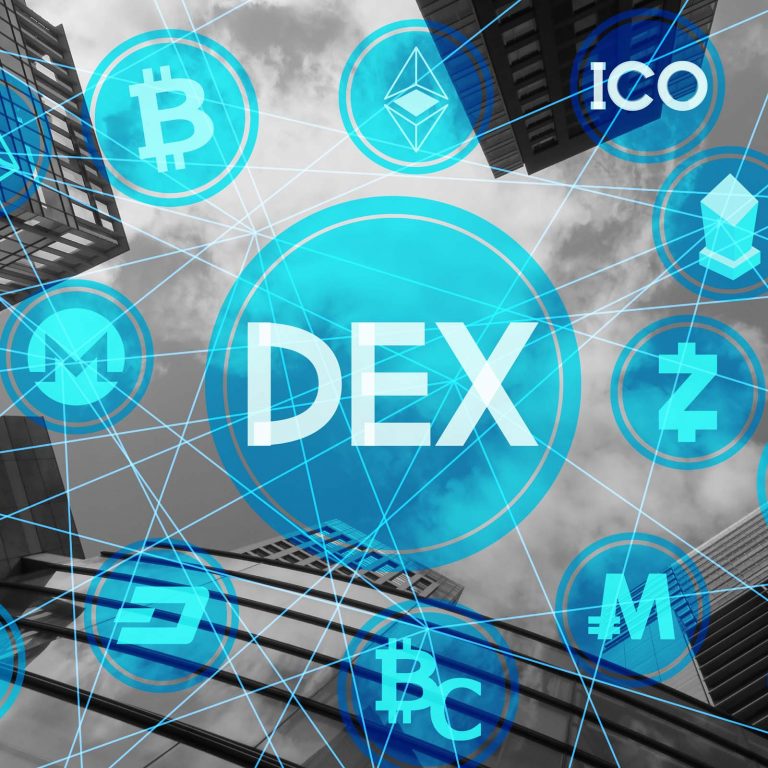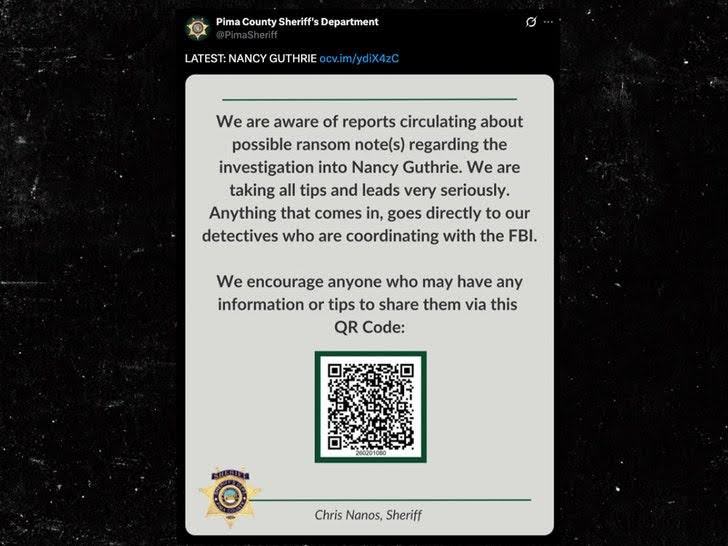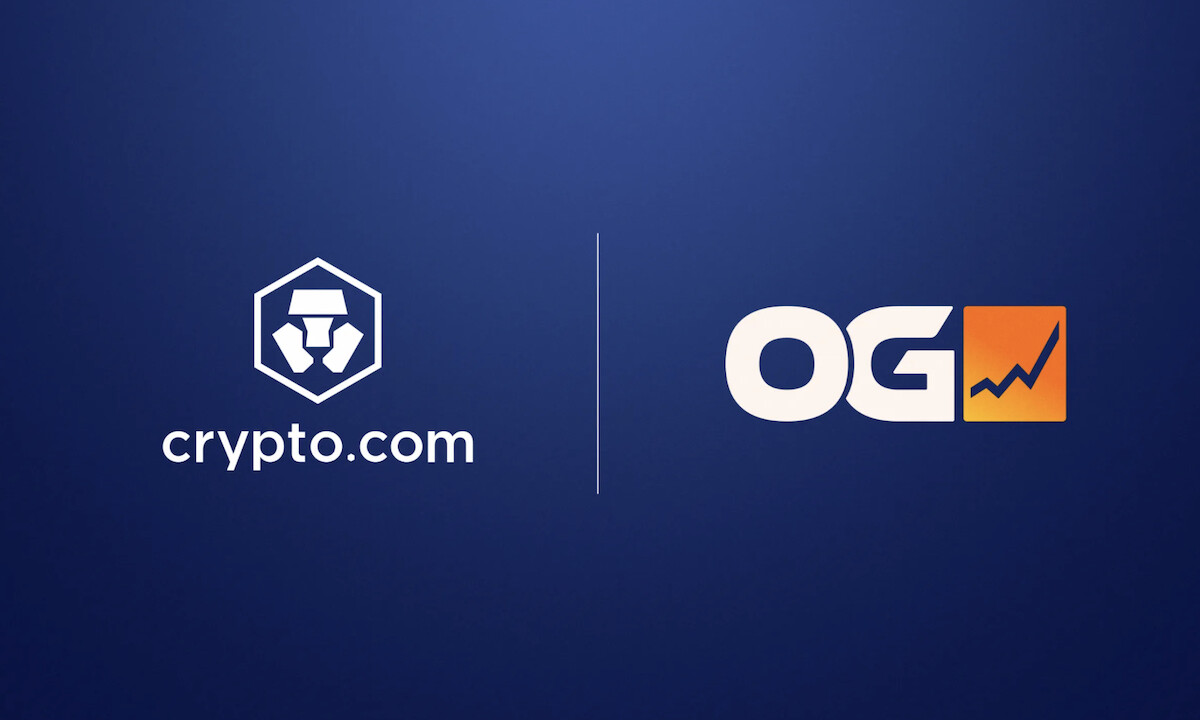2018-7-24 14:23 |
Part of the community believes that a “decentralized exchange” is a contradiction. Because, in practice, they do not fulfill as such what they claim to be. So, ‘decentralized' is no longer an aspiration.
During 2017, dozens of cryptocurrency trading platforms were launched and offered to the public as decentralized exchanges. Although each model varies from case to case, the term should minimally imply that users are allowed to operate on an equal basis and without using a platform operated by a single entity.
The main selling point is that, unlike today's best-known cryptocurrency trading platforms (Coinbase, Kraken or Binance), a decentralized exchange should not force traders to store their money with a third party that may be hacked at any moment. However, although “DEX” has been a buzzword, it is not clear how decentralized they are in reality. So a study of the data indicates that it is not yet up to the mark.
For Now There Is No Such ‘Decentralization' AbsoluteAccording to data collected from July the 2nd to July the 12th by the analysis firm ethereum Alethio, as well as interviews with various market participants, what the decentralized exchange models offer is nothing more than a spectrum of technologies with different degrees of centralization.
Some projects are trying to decentralize a traditional exchange company, like the Blockchain Huobi Project that was announced it in June of this year. While others seek to build a community of stakeholders around a peer-to-peer model, such as 0x.
About this subject, Jill Carlson, a Wall Street veteran, said:
“Decentralized exchanges are moving towards the re-elimination of the core parties in that [cryptographic trading] system.”
Route To TravelFor example, Alethio found in Bancor that it was itself the only market maker on its decentralized platform, where it facilitated approximately 9,691 symbolic exchanges between 1,147 traders over the two-week period.
This lack of diversity therefore exacerbates a problem with the decentralized liquidity network, which is highlighted by the measures taken by Bancor to tackle a recent piracy of $13.5 million. Specifically, the freezing of Bancor funds, an action permitted by a mechanism in its code, led to criticism that the platform was not, to all intents and purposes, different from its centralized predecessors.
“You're not a ‘decentralized exchange' if you're taking away other people's tokens whenever you want,”
tweeted developer Udi Wertheimer.
But, What Would Decentralization Be Then?One of the problems with talking about decentralization in this context is that it can be measured in different ways. To mention just one of these exemplary cases, we have to say that an exchange platform can be very centralized in one dimension but very decentralized in others.
Take, for example, 0x. During the two weeks followed by Alethio, this open-source protocol based on independent retransmitters for token trading had 914 market makers facilitating 9,017 transactions by 234 traders, who were already above Bancor in the participant diversity department.
However, these operations are channeled through a much smaller number (17) of relay starts. Each relay has its own business model, and most of them use their own proprietary software built on 0X, rather than purely open source code that anyone can inspect.
And while 0x is not responsible for compliance, its broadcasters are. So it's hard to call this guy DEX without a leader.
One such relay, Paradex, was acquired in May by Coinbase, a company that many in the cryptocurrency space would call the centralized exchange par excellence, and one of the most important in the world.
So it could be argued that the 0X ecosystem is possibly more decentralized than other exchanges in the way that counts most.
“It's different from a centralized exchange because these relayers are not holding user funds at all. They are completely non-custodial,” Amir Bandeali, CTO of 0x, explained. “We have seen a lot of relayers starting to make open source market-making tools.”
For Jill Carlson, who works as a 0x consultant, the term ‘decentralized' should be applied mainly to non-custodial commercial platforms. As such, she believes that hacks like the Bancor robbery point to the dangers of centralized custodians. Explain:
“When we talk about decentralized exchanges, the primary threat that people are concerned about today is custody.”
DEX BackgroundIt is important to remember that the DEX market is in its infancy, and therefore the volume is still quite low. In the future there will be many other companies and platforms ready to be used.
In fact, among the DEX platforms analyzed by Alethio, the most popular was IDEX, an exchange developed by the company fintech Aurora, which facilitated 69,339 exchanges between 12,400 traders during the two-week period.
Compared to the centralized Bitfinex, which facilitated approximately 92,024 transactions in just two days, from July the 9th to July the 10th, according to its business history analysis, IDEX's volume is a small drop in the market niche.
Marshall Swatt, founder of the Swatt Exchange, argued that decentralized exchanges are simply an “elegant form” of over-the-counter (OTC) trading that will not be scalable.
This one said:
“I just think the lack of fiat on-ramps, the lack of governance, and the lack of compliance, are going to relegate decentralized exchanges to the margins.”
Swatt, who previously co-founded the New York bitcoin exchange and then sold it to Kraken in 2016, cautioned against underestimating the difficulty of managing the compliance, security and customer support business departments that might not fit the core bitcoin model.
“You'll never have the level of liquidity because it will never attract the algorithmic traders,”
he said.
In fact, most DEX models only allow users to exchange one cryptocurrency for another, which keeps newcomers at bay, whether they are institutional investors or first-time buyers.
Jill Carlson agreed that it's hard to imagine decentralized order books, market makers or identity checks to know your customers. These are all fundamental pillars of the most popular exchanges.
However, in his opinion, it is an oversimplification to say that DEX is merely glorified OTC.
“The difference here, at least today, lies at the settlement level, not at the execution level,” Carlson said, speaking to how some DEXs allow P2P settlement without third party oversight or custody. “What you end up with is an experience that is disintermediated.”
Euphoria For DEXIn fact, none of the shortcomings of the current decentralized exchanges has stifled the DEX fervor that is taking hold of the industry.
In connection with the Paradex acquisition, Scalar Capital co-founder Linda Xie, a former Coinbase student who became a hedge fund manager and 0X advisor, said demand for non-custodial P2P platforms could inspire centralized holders to offer DEX options as well.
In fact, Bloomberg reported that the long-established Binance exchange wants to “decentralize” itself. So does the legacy platform provider Huobi, which announced in June that it is offering approximately $166 million to a fund for contributors to the upcoming Blockchain Huobi Project, which aims to establish a decentralized autonomous organization (DAO) and eventually incorporate parts of the Huobi exchange.
“We're not 100 percent sure if a corporation can be 100 percent autonomous,” Gordon Chen, Huobi Chain Project's executive leader, told.
“We're not sure if it can be 100 percent decentralized either. But we believe there can be some kind of balance in between.”
Although giving companies more influence than users on the Huobi voter-driven exchange system, HADAX provoked a backlash, a few hundred people have already called for the construction of the public blockchain of the project.
In the same vein, Bancor co-founder Eyal Hertzog tweeted that his project is also on a “path to decentralization”.
Alethio's data suggests that so far the platforms with simpler P2P models have achieved a greater diversity of participants, even if they have so far gained less traction. For example, during this two-week period in July, the launch of AirSwap, which functions almost like a Craigslist list for ethereum tokens, facilitated 695 exchanges between 216 traders with the help of 60 single market makers.
Such potential is the reason why Xie remains optimistic about the DEX perspective, saying: “This is only the beginning.”
According to Xie's view, Carlson said the wide range of models offers a promising starting point for further decentralization of trading platforms, concluding:
“All aspects of the spectrum have an important role to play.”
origin »Bitcoin price in Telegram @btc_price_every_hour
Decentralized Machine Learning (DML) на Currencies.ru
|
|


